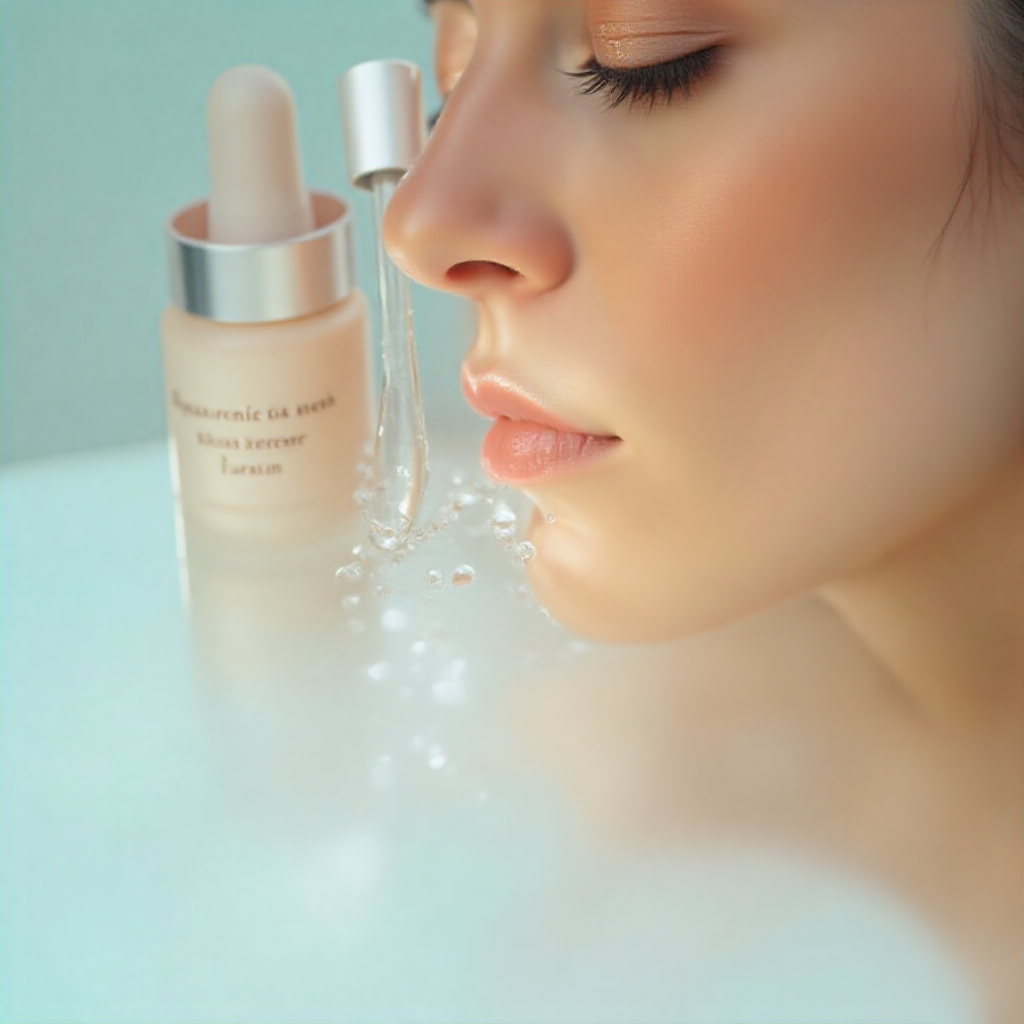The right hyaluronic acid serum can transform your skincare routine by delivering deep hydration and restoring skin plumpness. As one of the most trusted ingredients recommended by dermatologists, hyaluronic acid (HA) works for almost every skin type, from dry and sensitive to oily and acne-prone.
This guide highlights:
-
Why hyaluronic acid is important for skin health
-
How to choose a serum based on your skin needs
-
The best HA serums in 2025, from budget-friendly to luxury
-
Tips for proper application and results
Why Hyaluronic Acid Matters for Your Skin
Hyaluronic acid is a naturally occurring compound in your body that retains water. As we age, our natural supply decreases, leading to dryness and fine lines. Applying a topical HA serum replenishes that moisture.
Core benefits of hyaluronic acid serums:
-
Locks in hydration and prevents moisture loss
-
Smooths and plumps skin
-
Minimizes the look of fine lines and early wrinkles
-
Strengthens the skin’s barrier and elasticity
Key takeaway: Hyaluronic acid is effective, safe for daily use, and pairs well with most other skincare ingredients.
Choosing the Right Hyaluronic Acid Serum
| Skin Type | Ideal Formula | Ingredients to Avoid |
|---|---|---|
| Dry | Multi-molecular HA, ceramides, glycerin | Alcohol-heavy serums |
| Oily/Acne-Prone | Lightweight, oil-free, non-comedogenic | Thick or greasy textures |
| Sensitive | Low concentration, fragrance-free | Added acids like AHAs/BHAs |
| Mature | HA with vitamin C, peptides, or antioxidants | Basic formulas without actives |
Key takeaway: Match your serum to your skin’s needs for best results.
Best Hyaluronic Acid Serums to Try in 2025
| Product | Best For | Price | Highlight Ingredients |
|---|---|---|---|
| The Ordinary Hyaluronic Acid 2% + B5 | Affordable starter | $8–$12 | HA, Vitamin B5 |
| CeraVe Hydrating HA Serum | Dry or sensitive skin | $15–$20 | HA, Ceramides |
| SkinCeuticals HA Intensifier | Mature/aging skin | $100+ | HA, Proxylane, Purple Rice |
| Neutrogena Hydro Boost | Everyday hydration | $20–$25 | HA, Glycerin |
| La Roche-Posay Hyalu B5 | Anti-aging support | $30–$40 | HA, Vitamin B5 |
| Paula’s Choice HA Booster | Layering with other serums | $35 | Multi-molecular HA |
| Vichy Minéral 89 Booster | Dehydrated, dull skin | $20–$30 | HA, Mineral-rich water |
Key takeaway: Effective HA serums are available at every price point. Consistency matters more than cost.
Pairing Hyaluronic Acid With Other Ingredients
-
HA + Vitamin C: Boosts hydration while brightening dull skin
-
HA + Niacinamide: Supports barrier repair and reduces redness
-
HA + Ceramides: Provides lasting hydration and strengthens the skin
Key takeaway: For best results, combine hyaluronic acid with barrier-strengthening or antioxidant ingredients.
How to Apply Hyaluronic Acid the Right Way
-
Apply serum to damp skin after cleansing
-
Use 2–3 drops, pressing gently into the skin
-
Always follow with a moisturizer to lock in hydration
-
Safe to use morning and evening
Mistake to avoid: Never apply HA to completely dry skin without moisturizer—it may worsen dehydration.
Conclusion
Hyaluronic acid is one of the most reliable skincare ingredients available today. Whether you’re looking for an affordable option like The Ordinary or investing in a premium formula like SkinCeuticals, HA serums can boost hydration, improve texture, and make your skin look healthier.
Final takeaway: The best serum is the one suited to your skin type and used consistently in your daily routine.
FAQs About Hyaluronic Acid Serums
1. Can oily skin benefit from hyaluronic acid?
Yes. Look for lightweight, gel-based serums that won’t clog pores.
2. Is hyaluronic acid safe for everyday use?
Absolutely. Most people use it twice daily without issues.
3. Does it reduce fine lines?
It plumps skin and reduces the look of fine lines, but deeper wrinkles may need retinol or peptides.
4. Which concentration is best?
Most effective serums contain between 1% and 2% HA.
5. Can I layer it with other serums?
Yes. Hyaluronic acid layers well with vitamin C, niacinamide, and ceramides.
6. Is it safe for sensitive skin?
Yes, especially when fragrance-free and combined with soothing ingredients like vitamin B5.
7. Should I use it on damp or dry skin?
Always apply on damp skin, then seal with moisturizer.
Suggested Inbound Links
References
-
American Academy of Dermatology. Hyaluronic Acid: What It Is and How It Benefits Skin. aad.org
-
Cleveland Clinic. Hyaluronic Acid for Skin: Uses and Benefits. my.clevelandclinic.org

